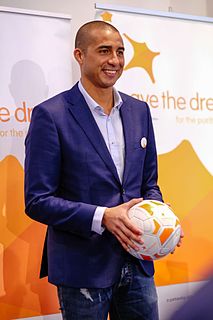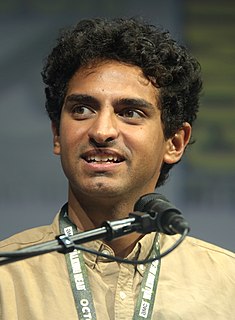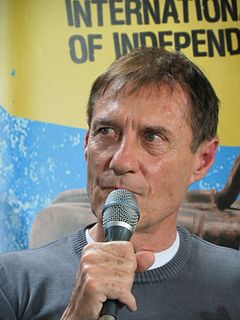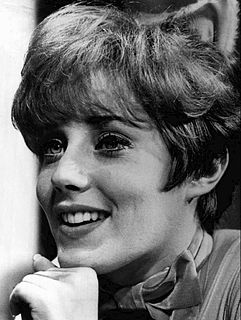A Quote by Ratan Tata
I think the Tata Group's greatest contribution to the growth of the Indian economy and Indian industry probably happened in the pre-independence era. The Group's investments in industries such as steel, textiles, power and hotels were certainly driven by an entrepreneurial spirit, but they were driven even more, I think, by a desire to make India self-sufficient and independent of its colonial masters then.
Quote Topics
Certainly
Colonial
Contribution
Desire
Driven
Economy
Entrepreneurial
Entrepreneurial Spirit
Era
Even
Greatest
Group
Growth
Happened
Hotels
Independence
Independent
India
Indian
Industries
Industry
Investments
Make
Masters
More
Power
Self
Self-Sufficient
Spirit
Steel
Sufficient
Tata
Textiles
Then
Think
Were
Related Quotes
There are a lot of people who believe that the individual can't make it himself. And that's why people want to join up in various herds - herd formation. So you become part of a herd, a group. Group power of some kind. There's an awful lot of group power people in our country [the USA] - Black power, Chinese power, Indian power, woman power. Everyone is putting in together.
Grasp the opportunity with both hands to feel really very special as an Indian reading these quotes on the Indian Independence Day. A number of famous and reputed persons have thrown some light on the chapter of Indian Independence. India conquered and dominated China culturally for 20 centuries without ever having to send a single soldier across her border!"
Those were the places where many people mixed if they wanted to mix, which was against the law [Immorality Act of 1927]. My mother was part of that group. My father was part of that group. People who were black and whites and Indian and Asian - and you came together and said, we choose to mix at the risk of being arrested. And so they did.

































